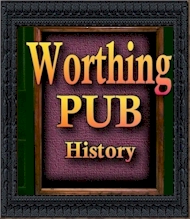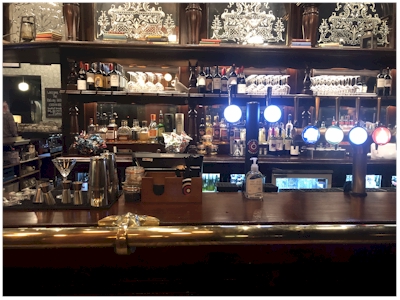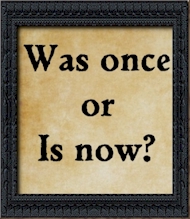 |
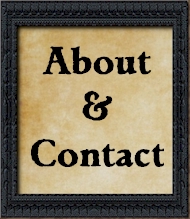 |
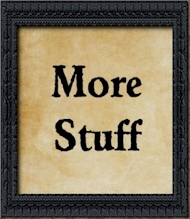 |
|
| RAILWAY HOTEL - RAILWAY APPROACH - 1898 | |
|
Now formally the Railway
Hotel, it has undergone a dramatic and expensive refit as it joins
the Portabello Pub/Hotel group. We visited in November 2023. The theme is classic Victorian which thankfully the original building came with as new. The old nightclub on its east side has been incorporated into the main structure turning it into a vast space internally. The paint theme seems to be this rather dull matt green which arguably was of Victorian taste. I remarked to my drinking buddy Colin that an episode of Peaky Blinders could be shot inside without having to hide anything. |
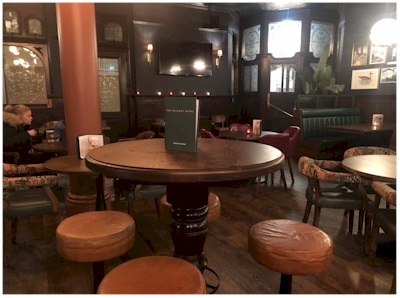 |
|
|
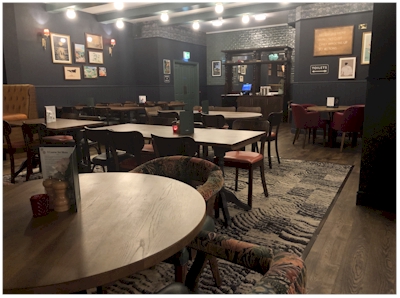 |
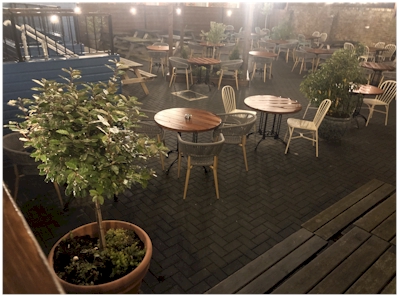 |
Because of the vastness of the east side of the building it would lend itself well to catering to future events with the added bonus of a large paved garden on the southern aspect. What it lacks, in my personal opinion, is a more intimate corner. Admittedly we visited on a quiet Sunday evening in November to get a better view within. |
| 2019 | |
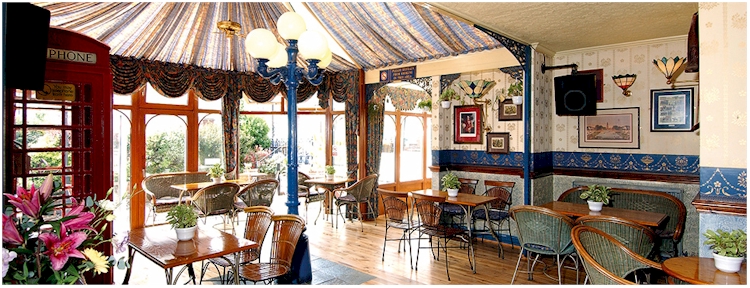 |
|
|
This is another of those pubs that will always be known to us old diehards by its old name, The Central. Currently it is The Railway Hotel (2023) Built around 1898, it may originally have been known as the Railway Tap. It has undergone several name changes, with the longest standing being The Central Hotel taken from the rail station that was always known locally as Worthing Central to differentiate it from West and East Worthing stations. Brian Downes was the landlord during the 1970's. He later sold it to Chris Chapman around 1980 who renamed it Chapmans. Chapman added a very popular nightclub on the east side of the property which is still just as popular today. |
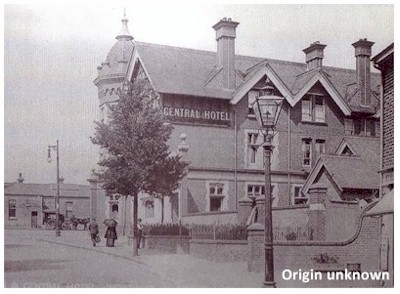 |
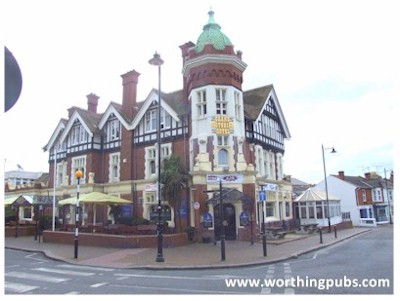 |
Nothing is known about the first landlord H.W. Symonds who sold the licence to Henry Brimble Winchester on the 17th of April 1901. Henry was a leading member of the Brighton and County Licensed Victuallers Protection Society and became its chairman for a while. He was later to be invited to join Worthing's Town Council in 1912. Henry, it would appear, was not only a popular man but also a sporting one, owning several racing greyhounds as well as supporting local football and cricket teams. Henry's wife was Elizabeth Mundy, she was born on a Monday, christened on a Monday, married on a Monday, had a daughter on a Monday. She died (I expect you've already guessed it) on the 20th of April 1914. - It was a Monday. |
|
Henry died still in charge of the Central Hotel on the 10th of September 1915. He was 67. He was honoured with a military funeral having given 36 years service to the Volunteers. His coffin was taken to Broadwater Cemetery on a hand drawn gun carriage. As you can imagine, it was well attended. |
|
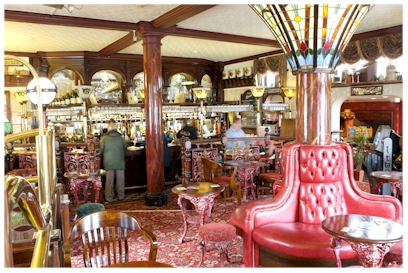 |
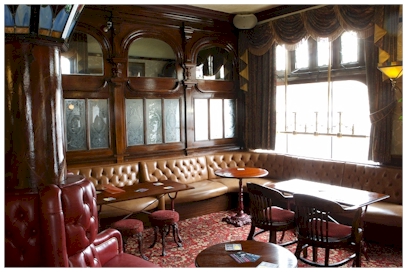 |
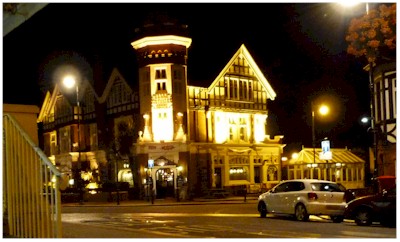 |
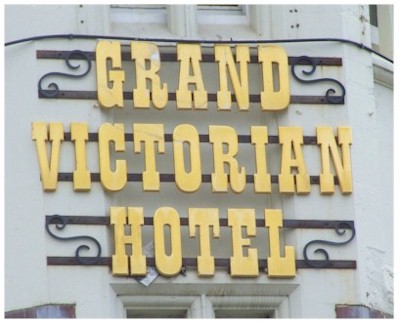 |
|
A wonderful and unknown snippit of information has reached us from Jan Flowers: "In the late 60's early 70's Brian Downes and his partner at THE CENTRAL started very popular 'Faggot and Peas' nights with entertainment. The pub would be packed on a Saturday night with people of all ages. Regular performers were Patrick Fyffe and George Logan, who were drag artists. Patrick would come on stage for the first half of the act and perform as Perri St Claire, a comic act, (not unlike Danny La Rue) telling jokes, some quite blue, and singing a few songs! For the 2nd half they would both perform as the more serious Dr Evadne Hinge and Dame Hilda Bracket. On a Sunday morning they would come into the bar, (as themselves) and have a few drinks with the locals. This was all before they made it in show business, and had their own series on the TV!" |
 |
|
Martin Quittenton is a British guitarist and composer. He played in the blues rock band Steamhammer, formed in 1968. Their debut album Steamhammer was released in 1969 with keyboardist Pete Sears as a special guest. Quittenton also worked with Rod Stewart, along with Pete Sears, Micky Waller, and fellow Steamhammer guitarist Martin Pugh.[1] After being pushed into Telephone Box outside a Worthing Central Railway Station by his friend Jed Armstrong he called Rod Stewart with his hit "Maggie May". Co-writing the hit songs "Maggie May," (from Stewart's 1971 album Every Picture Tells A Story), "You Wear It Well," (from Stewart's 1972 album Never a Dull Moment) and "Farewell" (from Stewart's 1974 album Smiler). |
 |
| Known landlord/manager | Snippet |
|
1898 - HW Symonds
|
1890: The Central Hotel: Messrs, Mews were granted a final licence for the Commercial Hotel, to be opened next Wednesday, and the transfer was then made from Messrs, Mews ro Mr. H W. Symonds, late of the Southdown Hotel. The licence of the King and Queen beerhouse, Heene, was surrendered by Messrs, Mews in accordance with the engagement with the Bench. Comment by Worthingpubs: It would appear that the Bench (for licensing) weren't in favour of a person owning more than one pub, and to move from one to another meant giving up the licence of the first. It was however commonplace to find a string of pubs owned by individuals of the same family. |
|
|
|
